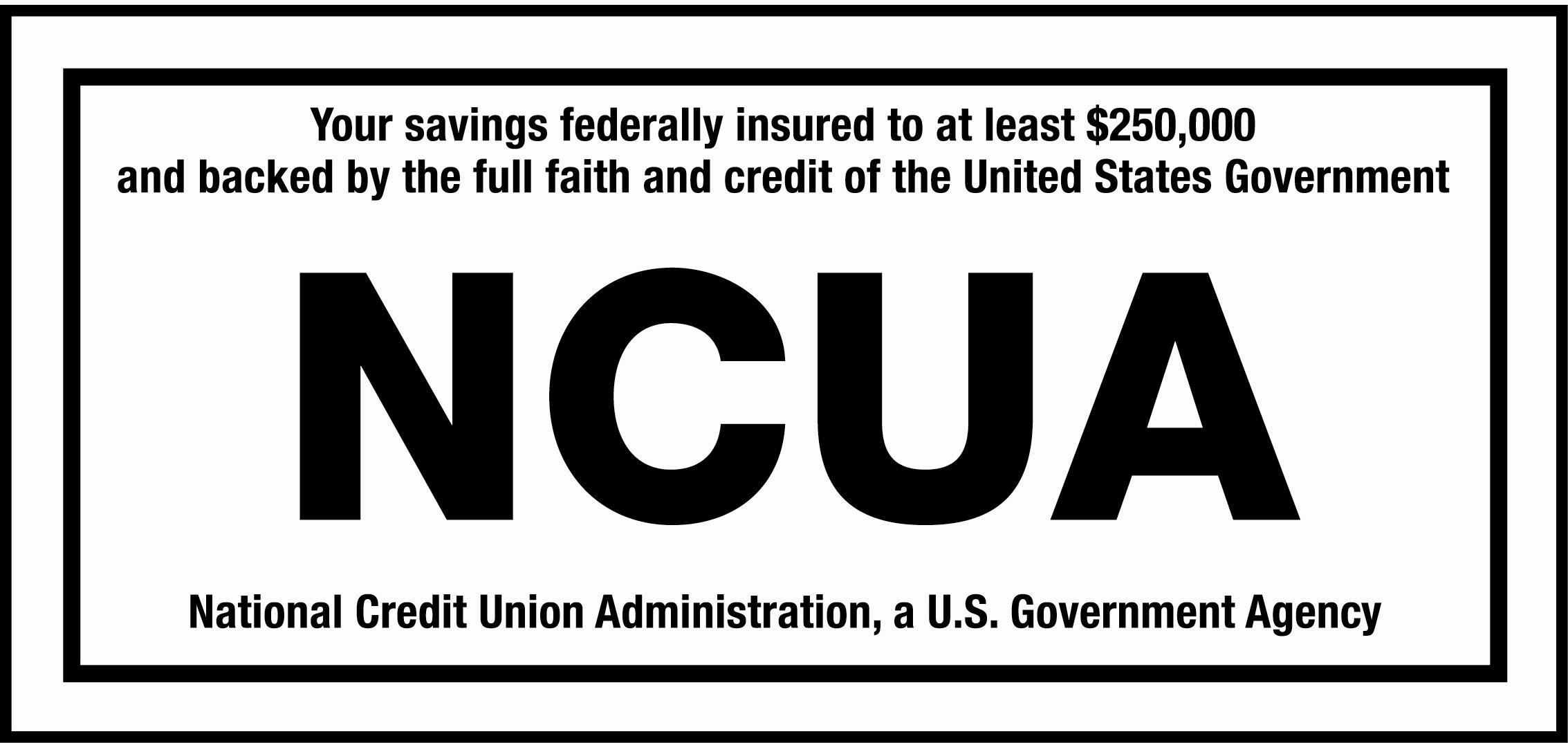7 WAYS TO SPOT A LOAN SCAM
You’re credit’s trending the wrong way and you’re desperate for a loan. Unfortunately, though, it seems that no reputable institution is willing to work with you – and the few that are offer very unforgiving terms.
Then you see it: an ad for an easy loan for which almost anyone can qualify. Plus, there’s the promise of great terms and a willingness to work with borrowers in any financial state. It’s a dream come true!
Or, more likely, it’s a scam.
Loan scams target people who are in dire straits and likely will do anything to get their hands on some cash.
Once a loan scammer has snagged a victim, they will have the borrower fill out an “application” with sensitive and personal information. The scammer will use the victim’s information to hack their accounts.
Arm yourself with knowledge and awareness. Here’s 7 ways to spot a loan scam:
1.) There’s no credit check
Reputable lenders will verify that the borrower can, and will, repay the loan before they agree to the transaction. If a lender doesn’t bother to check your credit, you’re about to get scammed.
2.) You’re asked to pay an upfront fee
When a lender asks you to pay for a loan collateral, insurance or other fees using a prepaid debit card, it’s a scam. Back out of the deal before it’s too late.
3.) The lender isn’t registered in your state
As per the Federal Trade Commission (FTC), every lender and loan broker must be officially registered in the states where they do business. A legitimate lender will have a list of those states posted on their site. If you can’t find this information and the lender refuses to provide further details, they are likely not legitimate.
4.) The lender is not affiliated with any financial institution
Authentic lenders must operate under a bank or credit union charter. This information should be posted on the lender’s website. If it’s missing, you might be dealing with a scammer.
5.) You’re urged to act immediately
If a lender pushes you to submit your information and make an upfront payment RIGHT NOW, it’s probably a scam.
6.) The site isn’t secure
Verify the site’s security by checking for an “s” after the “http.” If it’s there, the site is secure; if it’s not, back out now! You should also check the site’s security as soon as you hit the homepage. Lots of hackers use keystroke loggers to record as you type. So, even if you don’t hit submit, they may already have the information they need to scam you.
7.) The lender has no physical address
Do a quick online search using the lender’s official name. If it’s legitimate, a search should bring up a physical address for the company. If the lender’s name doesn’t turn up anything beyond the online world, opt out immediately.
Short on cash? Let us help! Call, click, or stop by Health Care Family Credit Union today to learn about our personal loans and more.



